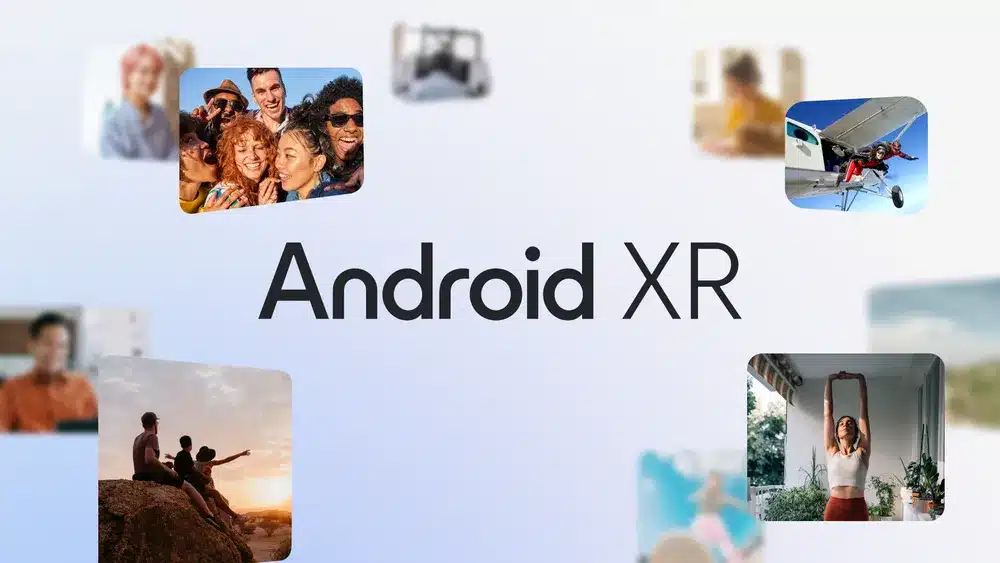Google Unveils Innovative XR Glasses at TED 2025

At the TED 2025 conference in Vancouver, Google showcased its latest prototype of extended reality (XR) glasses, marking a significant step in the evolution of wearable technology. This new device aims to compete with existing mixed reality headsets from tech giants like Apple and Samsung. The Google XR glasses promise a range of features, including real-time translation and a unique ‘Memory’ function that enhances user interaction with their environment.
Features of Google’s XR Glasses
During his presentation at TED 2025, Shahram Izadi, Vice President and General Manager of XR at Google, demonstrated the capabilities of the XR glasses while wearing them. The design closely resembles Meta’s Project Orion prototype, which was unveiled last year. Izadi highlighted how he utilized the glasses to view notes for his speech, showcasing their practical application in real-time settings.
Alongside Izadi, a colleague also donned a pair of the smart glasses to illustrate various features. Among these were the ability to generate a haiku about the audience, translate text into multiple languages, and identify music, which could then be played through the YouTube Music app on a connected smartphone. These functionalities emphasize the glasses’ potential to enhance everyday experiences through augmented reality.
Memory Feature Enhances User Interaction
One of the standout features of Google’s XR glasses is the ‘Memory’ function. This innovative capability allows the glasses to remember objects they have “seen” through the built-in camera. Users can ask questions about these objects, and the glasses will provide relevant information, creating a more interactive and informative experience. This feature could significantly change how users engage with their surroundings, making everyday tasks more intuitive.
To optimize performance and maintain a lightweight design, the XR glasses connect to a smartphone. This connection allows for content streaming to the device while minimizing processing demands on the glasses themselves. As a result, the power consumption of the XR headset is reduced, enhancing battery life and usability for extended periods.
Future Prospects and Market Competition
While Google has confirmed its commitment to developing smart glasses, it has not yet announced a timeline for a commercial release. The company recently launched a new operating system for wearables called Android XR, which will support future devices. Samsung is expected to release its first mixed reality headset and a pair of XR glasses later this year, both running on this new platform.
Looking ahead, Google may take several years to introduce a commercial version of its XR glasses. Meanwhile, Meta is projected to launch its own smart glasses based on the Orion prototype by 2027. As the market for XR technology continues to grow, other brands are also anticipated to unveil similar products, intensifying competition in this innovative field.
Observer Voice is the one stop site for National, International news, Sports, Editor’s Choice, Art/culture contents, Quotes and much more. We also cover historical contents. Historical contents includes World History, Indian History, and what happened today. The website also covers Entertainment across the India and World.

